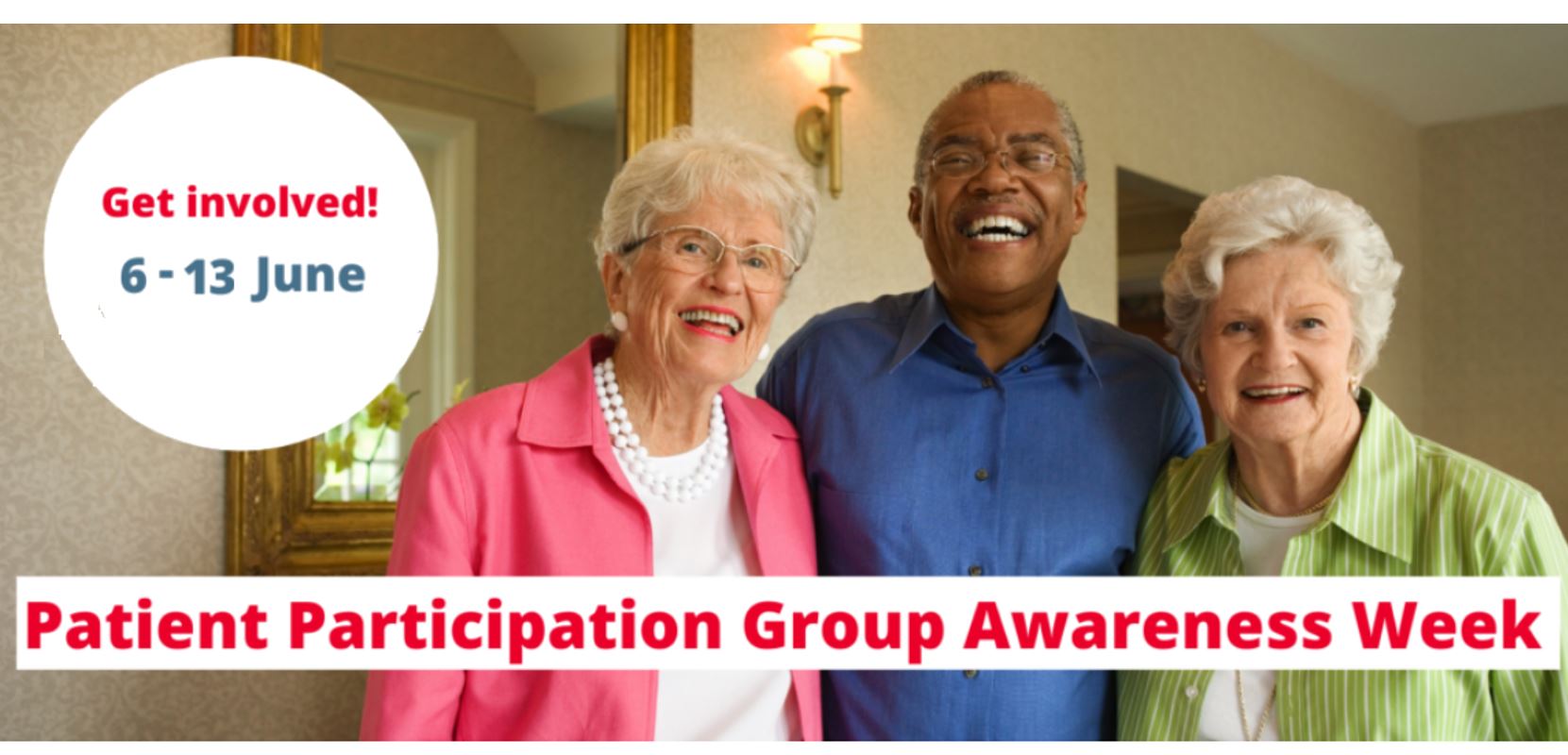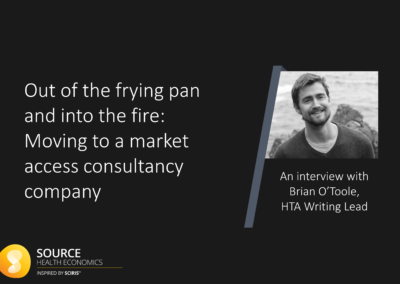Written by Dom Partridge, Medical Writer
6th to 13th June 2022 is Patient Participation Group (PPG) Awareness Week; aiming to raise the profile of PPGs within primary healthcare.
The first Patient Participation Group
The first PPG was set up in 1972 by Dr Peter Pritchard at his practice in Berinsfield, near Oxford, and in 1975 he published a paper in the British Medical Journal detailing his observations. Although this paper was published nearly 50 years ago, the issues that members raised still resonate today. For example, it’s interesting to read that receptionists struggled to fit everyone in, while staffing difficulties at weekends and evenings, and the need for limited non-urgent consulting time in “unsocial hours”, were discussed. Dr Pritchard goes on to note that after listening to patients’ concerns and thoughts, a booklet on “hints on keeping well” was written and distributed, and a chiropody service with transport for older people was organised.
Current Patient Participation Groups
In the 50 years since Dr Pritchard’s innovation, PPGs have become commonplace throughout the country. Their role however has remained similar, they now:
- Advise the practice on the patient perspective
- Organise health promotion events
- Communicate with the wider patient body
- Run volunteer services and support groups to meet local needs
- Carry out research into the views of those who use the practice (and their carers)
- Influence the practice or the wider NHS to improve commissioning
- Fundraise to improve the services provided by the practice.
You may have noticed that one aspect of PPGs in particular has remained consistent; communication.
Communication is at the heart of what we do at Source Health Economics.
Our team of medical writers are experienced in developing clear and concise written materials, which effectively communicate evidence-based messages. Our writing is tailored to the audience, whether that is colleagues in the pharmaceutical/medical device industry, health technology assessment body assessors, clinicians, payers, or patient groups. If you are interested in finding out more about our value communication services, please contact us at Source Health Economics, an independent consultancy specialising in evidence generation, health economics, and communication.




